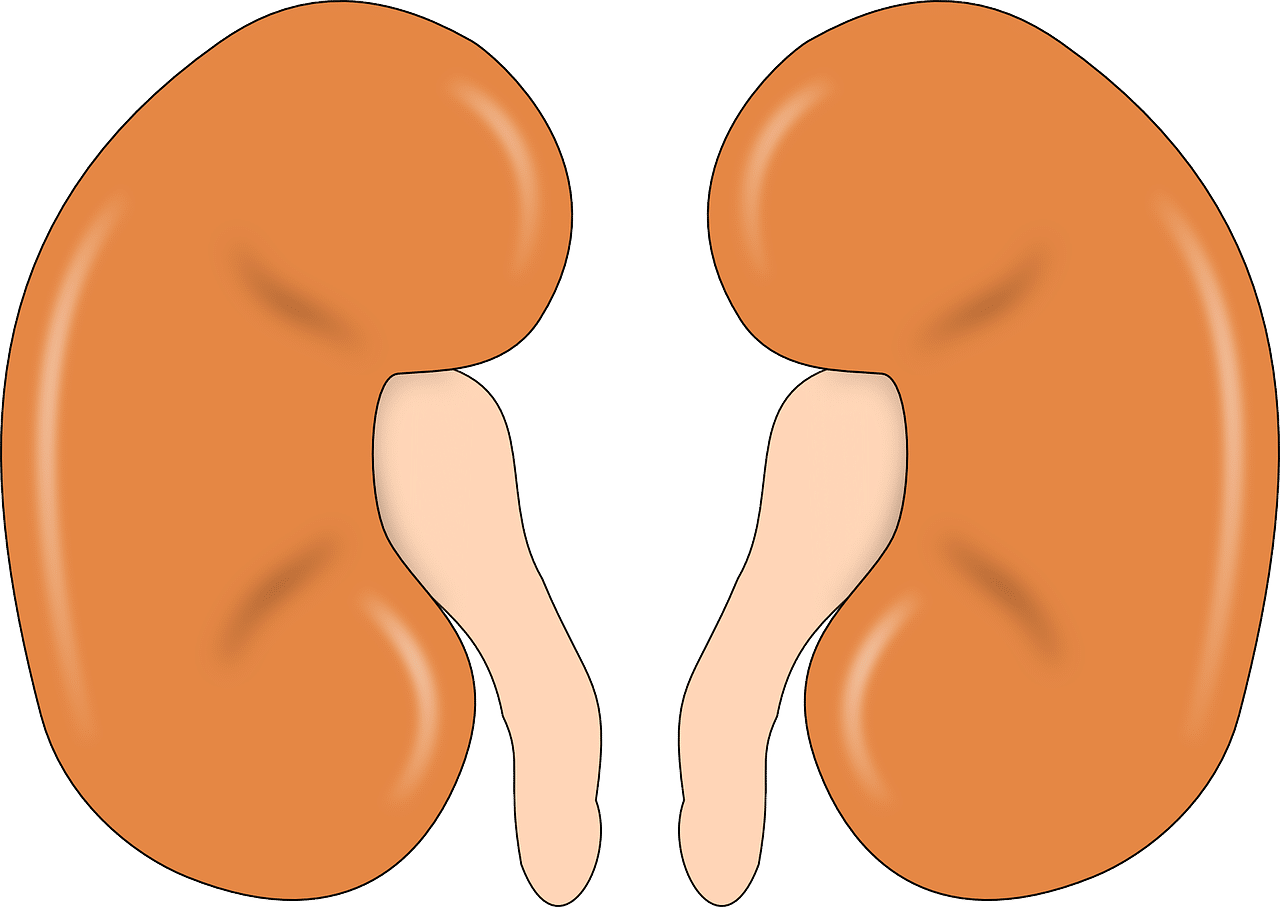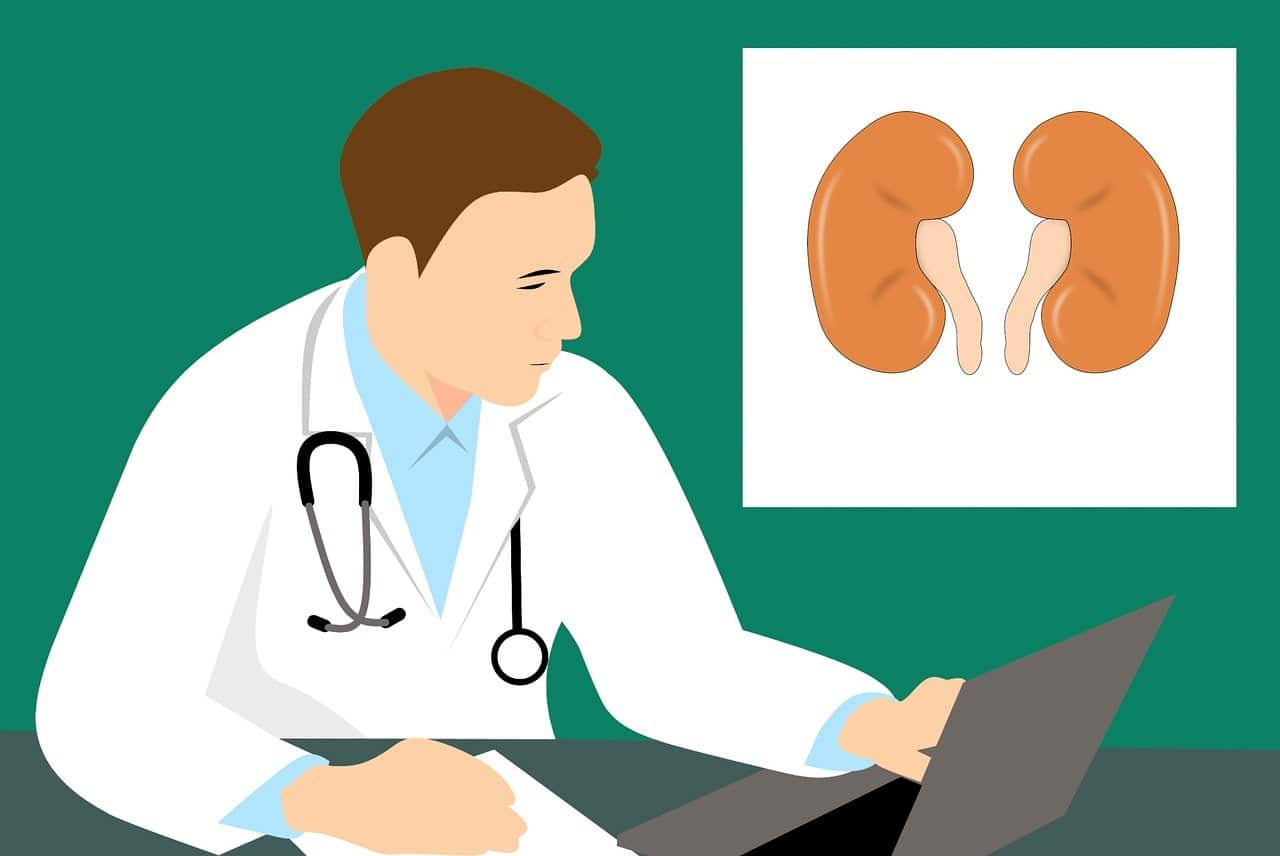
The glands that produce urine are called kidneys.
Kidney is the gland that produces urine , a waste that is later expelled from the body. Generally, each mammal (including humans) has a pair of kidneys, which are characterized by having a dark reddish hue and are located on the sides of the vertebral structure.
The kidneys of men are located near the abdomen ; The right one is located below the liver , while the left one succeeds the diaphragm . Above each of them you can see the adrenal gland . The kidneys are also protected by the ribs and two layers of fat, known as perinephric and pararenal .
Kidney function
These organs are responsible for filtering the blood and allowing the excretion of metabolic waste from the body, which occurs through urine. Per day, according to expert calculations, the kidneys process about 200 liters of blood to generate about two liters of urine. Once produced, the urine passes to the bladder , where it is stored until it is time to urinate.
The kidneys are also responsible for regulating the body's homeostasis and secreting hormones such as erythropoietin , renin and vitamin D.
Urology and nephrology are the disciplines that study the kidneys and their diseases , such as glomerulonephritis, lipoid nephrosis, lupus , diabetic nephropathy, high blood pressure, kidney failure and kidney stones, among other disorders .

Nephrology is a medical specialization that studies the kidneys.
Relationship with blood pressure
The kidneys are the organs most closely linked to arterial health ; Theirs is an almost circular connection because kidney problems can affect blood pressure in the same way that blood pressure problems can have a considerable impact on kidney health.
Blood pressure is responsible for controlling the force with which blood reaches the blood vessels; When this is very high, it is called hypertension. As the amount of fluid in the blood vessels increases, blood pressure also increases. Another reason for this increase is the presence of narrow blood vessels or certain obstructions in them.
The problem with high blood pressure is that it makes the heart work forcefully and this, over time, can damage blood vessels throughout the body. In the event that the kidney's blood vessels break down, it will stop doing its job properly, that is, it will stop removing excess fluid and impurities from the body and this excess in the blood vessels will cause blood pressure to rise. even more so, turning all this into a cycle that threatens the person's health .
It should be noted that hypertension is one of the most common causes of kidney failure, which is also called terminal kidney disease . Those people who suffer from it must undergo a transplant or continuous dialysis (extraction of toxins and excess fluids from the body).
How to reduce the risk of kidney complications
To avoid complications in the kidneys it is essential:
- Eat a healthy diet that includes fruits, grains, vegetables and low-fat dairy products, which help maintain weight close to normal;
- Limit salt consumption to 2000 milligrams daily, knowing the sodium percentages of each food (information that is specified on the packages);
- Do routine exercise (a minimum of 30 minutes of moderate activity);
- Avoid excessive consumption of alcohol and caffeine .
Finally, it should be noted that, although it is normal to be born with two kidneys, there are cases of congenital absence of one or both kidneys, while there are people who are born with three or four kidneys.
